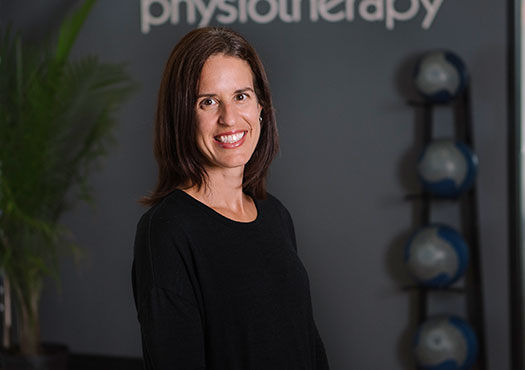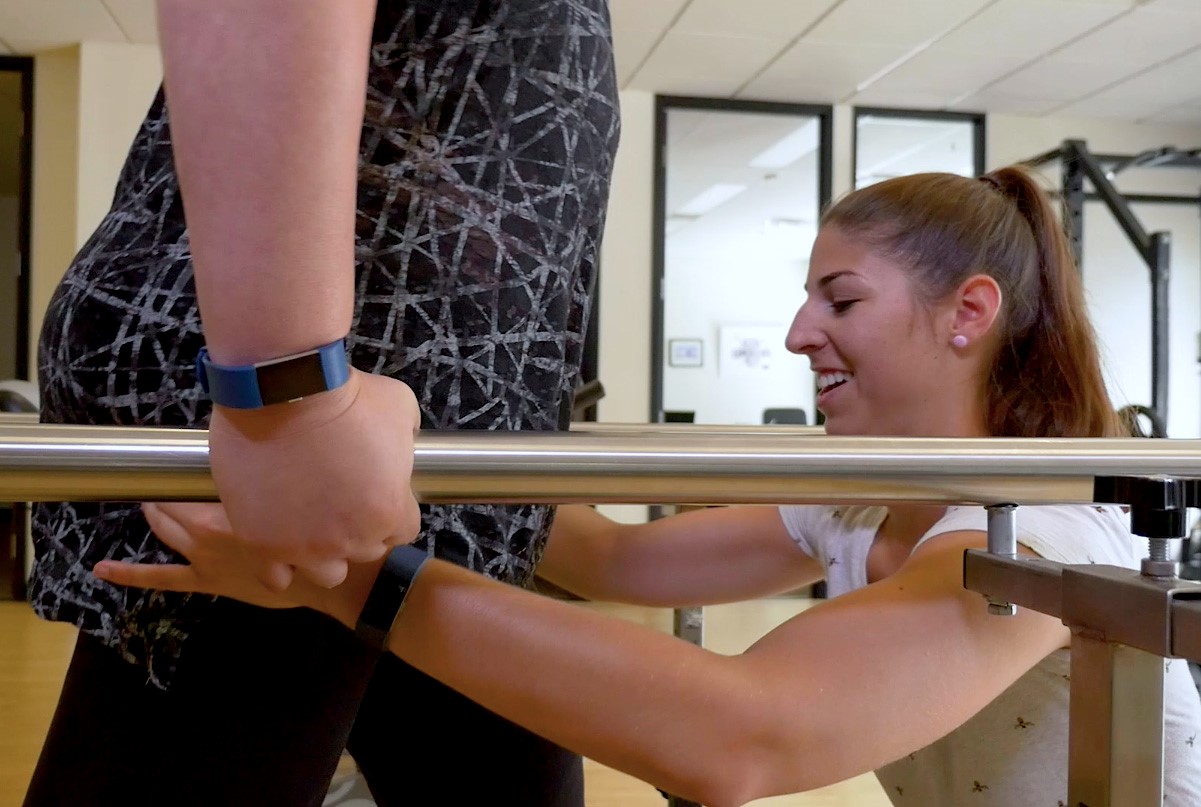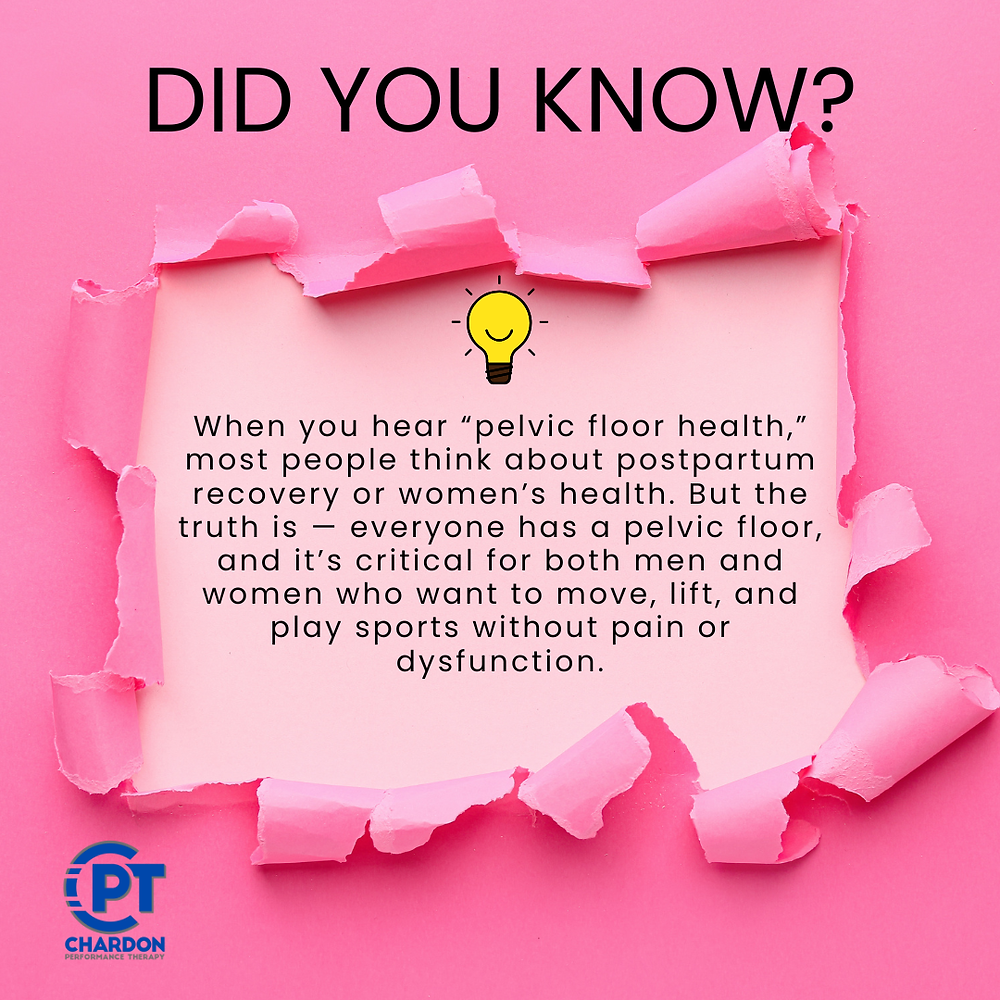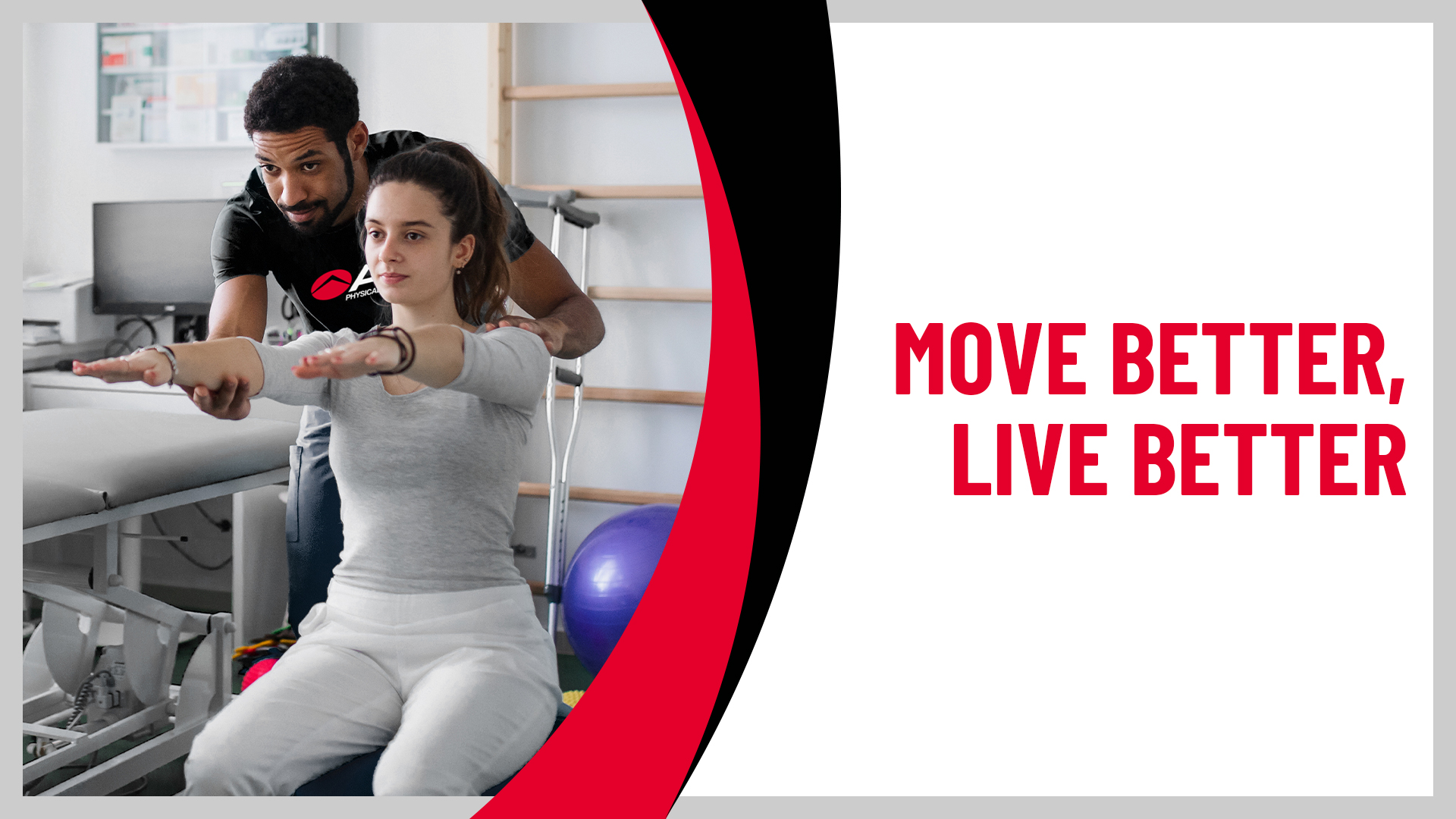While hospitalizations focus on management of symptoms, leaving the hospital can bring a mix of emotions—relief, excitement, and sometimes anxiety about what comes next. A hospital discharge planning meeting is designed to make sure you, or your loved one, have the right supports in place for a safe and smooth transition home or to another care setting.
Patients and caregivers often feel overwhelmed during this stage, which is why asking the right questions can help clarify expectations, address concerns, and promote a safe transition.
Whether your healthcare facility schedules a hospital discharge planning meeting or you informally ask members of the care team informally, there are some key questions patients and caregivers may want to ask. In this article, we list these questions for you.
Table of Contents
- 1. Understand the Medical Condition and Care Needs
- 2. Medications
- 3. Follow-Up Appointments and Ongoing Care
- 4. Equipment and Home Supports
- 5. Daily Activities and Safety
- 6. Emotional and Caregiver Support
- Final Hospital Discharge Tips
- Conclusion
We’ve organized questions into six categories. You may want to print these out to take with you or jot down the ones that are relevant for you on a physical or digital notepad to reference in your meeting.
1. Understand the Medical Condition and Care Needs
- What is the diagnosis?
- Are there specific warning signs or symptoms I should watch for after discharge?
- Who should I call if I notice new or worsening symptoms?
- What is the prognosis for this condition?
- What can I expect in terms of recovery?
2. Medications
- What new medications have been prescribed, and what are they for?
- Should I continue taking any of my previous medications?
- What are the possible side effects, and what should I do if they happen?
3. Follow-Up Appointments and Ongoing Care
- Which doctors or specialists do I need to see, and when?
- Will someone help schedule these appointments, or do I need to arrange them myself?
- Do you recommend additional rehabilitation services (physiotherapy, occupational therapy, speech therapy)? How can I access them outside of the hospital?
4. Equipment and Home Supports
- Do I need special equipment at home (walker, wheelchair, shower chair, hospital bed)?
- Will the hospital help arrange for delivery and setup of equipment?
- Are there community supports, home care services, or nursing visits available, and how do I access them?
5. Daily Activities and Safety
- What activities should I avoid when I first return home?
- Are there any restrictions on diet, exercise, or lifting?
- Should I make safety changes in the home (such as grab bars, removing rugs, or moving furniture)?
6. Emotional and Caregiver Support
- Are there social workers, case managers, or patient navigators who can help with resources and support?
- What supports are available for caregivers who may need breaks or additional help?
- Are there local support groups for people with this condition or their families?
Final Hospital Discharge Tip
As a health care provider who has also been a hospital patient, and the parent of a patient, I can attest to the overwhelming feelings that leaving a hospital can bring. Anxiety and fear around leaving the safety of the hospital environment can often lead to information being missed.
In many situations, I have asked doctors to repeat themselves more than once, go over test results again, and asked questions that may have seemed simple or obvious. You should not feel shy or uncomfortable seeking clarity and ensuring that you have the answers you need to transition home feeling relatively prepared.
It is a good idea to bring a notebook and pen, or to use your phone to write down answers during the meeting. If possible, have a trusted friend or family member with you to make sure all important information is heard.
Conclusion
A hospital discharge meeting is an essential opportunity to prepare for the transition out of hospital care. By asking these questions, patients and caregivers can better understand the care plan, anticipate potential challenges, and ensure that the right medical, rehabilitative, and community supports are in place for a safe and successful recovery.
Written by
OUR LOCATIONS
FOLLOW US!
OUR SERVICES
The post Preparing for Hospital Discharge: Questions to Ask appeared first on Propel Physiotherapy.





















